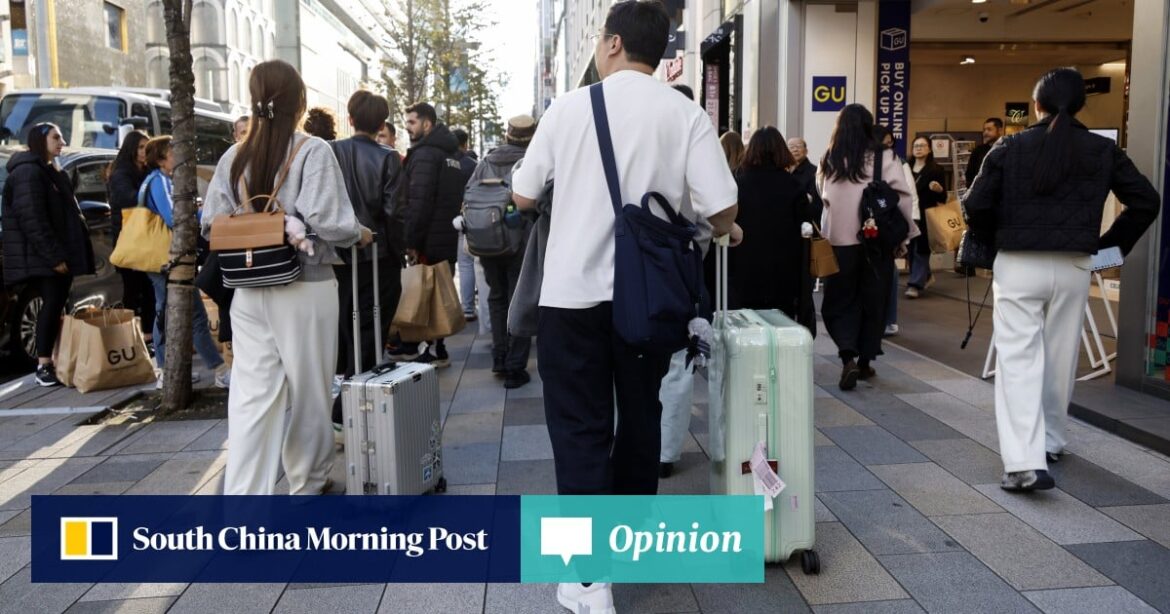When Sanae Takaichi won the race for the leadership of Japan’s ruling Liberal Democratic Party last month, investors and analysts knew what was in store for Asia’s second-largest economy and its relations with its regional neighbours, especially China.Japan’s first female prime minister is a nationalist and strong proponent of fiscal stimulus to boost growth, increase defence spending and tackle a cost-of-living crisis stemming from the surge in prices since the beginning of 2022. In a LinkedIn post earlier this month, Nicholas Smith, Japan strategist at CLSA, said “markets hate uncertainty and Takaichi increases policy clarity”. She certainly has, in fact excessively so.Since taking office, Takaichi has spooked bond markets by drawing up a large spending plan that is likely to require heavier issuance of debt to fund the measures, which include gas and electricity subsidies and one-off cash handouts for parents. Yields on longer-dated Japanese bonds rose dramatically last week while the yen is once again approaching its weakest level against the US dollar since 1986.George Saravelos of Deutsche Bank said the simultaneous declines in Japanese bonds and the yen were “far more worrying” than the artificial-intelligence-induced sell-off in global stock markets because they called into question the commitment of the Bank of Japan to low inflation and could lead to “broader capital flight [from] Japan’s markets”.Takaichi has also irked Beijing by saying that, in theory, an attack on Taiwan could trigger a military response from Japan. This has led to an outpouring of anti-Japanese sentiment in China. The ferocity of Beijing’s reaction to Takaichi’s comments, coupled with the lack of an obvious off-ramp for both sides, has heightened concerns about Japan’s economy and trade relations, contributing to a “sell Japan” trade in financial markets.Fears about a sharper sell-off in bond markets and a China-induced shock to Japan’s thriving tourism industry – particularly over the longer term – have put the country’s commercial real estate sector under scrutiny.


AloJapan.com